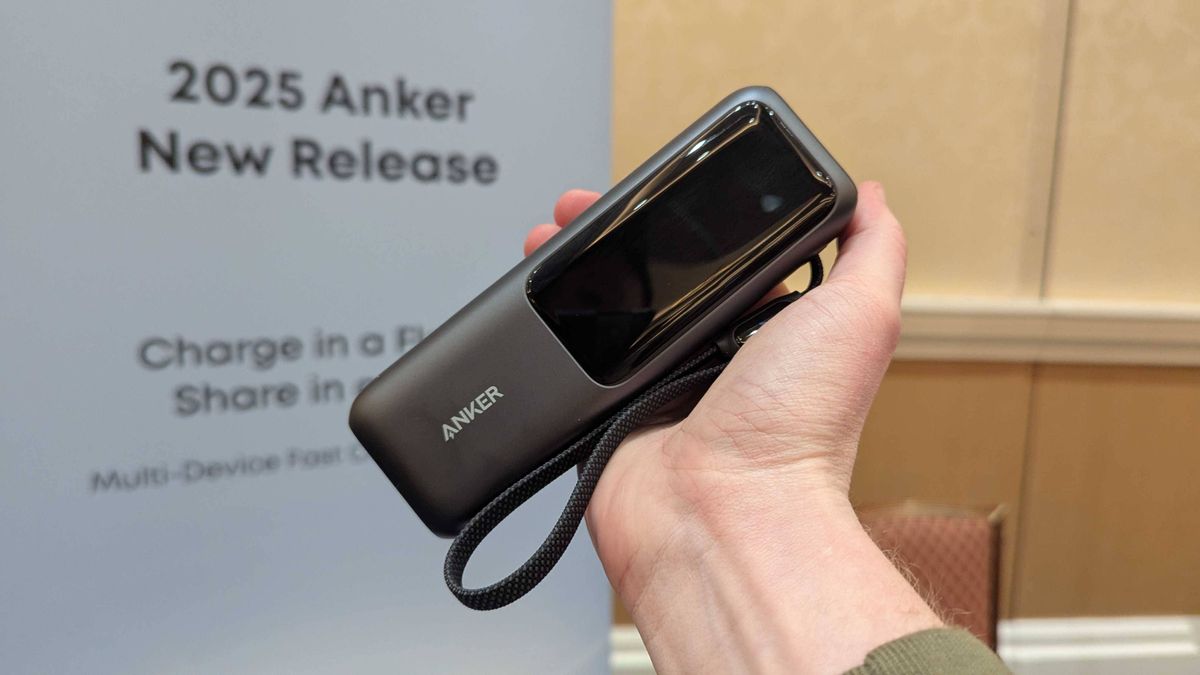Cyber threats have evolved along with the modern, highly connected digital space. Ankush Bahuguna, a well-known YouTuber and influencer, was recently scammed by a digital arrest scam. On Instagram, he posted a lengthy video that described his experience falling for a tech-based scam.
Scammers are using technology to trick people, which has increased cyber crime in the digital age. An instance of this occurred involving YouTuber Ankush Bahuguna.
Ankush Bahuguna, a YouTuber, posted a video on Instagram about being kept hostage during a cyber arrest in which his bank account information was stolen. He expressed horror and shock at the incident, and he was placed in isolation for forty hours as a result of the scam. The risks of cybercrime are emphasised throughout the video.
He describes how scammers kept them hostage, caused them to lose money, and negatively impacted his mental health in an 8-minute video. He said, “Sharing this so others don’t have to go through what I went through. I feel so lucky to have friends with such strong instincts who noticed a change in my behaviour even when they were getting “I’m okay” texts from me. They literally saved the day. Imagine if they hadn’t come looking for me or looked for clues! I’d probably still be in that cyber arrest & would’ve lost all my money. Pls beware of this scam. I know a lot of you are aware of it but I don’t think a lot of people understand the extent to which these scammers can go to control you!”
Also Read: OnePlus 13 Series confirmed to offer magnetic wireless charging cases: Details
What actually happened?
After getting back from the gym, he received an international call from an odd number that had +1 prefixed, and he answered it. Ankush stated that the call was regarding a cancelled courier delivery; however, the influencer did not send any courier, and the caller framed him into a false story. He was informed that his courier package had been confiscated by customs because it contained an unlawful substance.
Notably, his horror started when he was told to press a zero for support during the fictitious phone call, which put him under Digital Arrest, also known as Cyber Arrest.
The biggest mistake he made was pressing zero because he didn’t send any courier overseas. The call was then instantly switched to a WhatsApp video call where police officers told him he was under self-custody and that he was involved in several serious cases, including money laundering, drug trafficking, and other serious crimes.
Keep in mind that scams frequently start with a simple phone call posing as a bank, courier agency, telecom department, or mobile service provider. The call, which can be recorded or direct, is linked to a person posing as a support person and starts the trauma.
Bahuguna was told to follow his instructions if he didn’t want to get into trouble by the individual posing as a police officer. Ankush was compelled to give them all of his information, including his Aadhar number and personal information, after he followed the instructions and turned off all of his phones and other gadgets present at his home.
In order to fool victims into thinking their accounts have been used for illicit purposes, fraudsters frequently gather personal information such as bank account details, Aadhaar, and PAN. They then use video conferencing, phone calls, or WhatsApp to issue arrest warrants while posing as law enforcement officials like the Police, Customs, ED, and CBI. After that, victims are connected to fake law enforcement officers.
Also Read: Oppo Reno 13 Series India launch date confirmed
For over forty hours, he was completely cut off from the outside world while on a continuous video call. They threatened him and sent him to a bank for questionable transactions, which fortunately didn’t happen because the branch was closed. He was subsequently forced to leave his home because he was being contacted by his friends, managers, and family, who even showed up at his door to see how he was doing because he was not answering calls and was only texting them to say he was okay.
You may be wondering why he didn’t tell his loved ones because he was always prompted to share the screen capture whenever he got a call or message.
Bahuguna didn’t realise he had been conned until a friend texted him when he was in a hotel room, raising suspicions of fraud.
In order to prevent fraudsters from stealing money from their victims, digital arrest entails limiting access to digital accounts and platforms, prohibiting digital actions, monitoring via video calls, and reporting attendance.
The most recent strategy used by cybercriminals to mislead victims is the “Digital Arrest” scam, which takes advantage of their fear. By taking advantage of law enforcement officials’ anxiety, this strategy defrauds victims of their legal issues by letting them fall victim to scam artists who aren’t aware of warning signs.
First of all, you cannot be detained digitally, and digital arrest is a hoax. Scammers who pose as law enforcement or legal officials and claim to have a warrant for your arrest or investigation for online crimes or cyber offences are known as “digital arrest scams.” They frequently threaten to arrest you if you don’t agree with their demands for instant payment or personal information.
What to do and how to be safe?
To safeguard yourself against Digital Arrest scams, stop and gather yourself, and think things through. In order to verify the contact, call the purported agency directly rather than using the number that was provided. Inform local law enforcement or consumer protection agencies about the occurrence in order to keep tabs on scams and alert others. Protect your data by changing passwords and notifying your bank of any shared financial information. To guard against malware and phishing efforts, use the most recent security software. To increase security, make sure your accounts are set up for two-factor authentication (2FA).
Lastly, keep yourself updated on usual scam tactics, and help safeguard your loved ones by sharing this information with them.




















 English (US) ·
English (US) ·